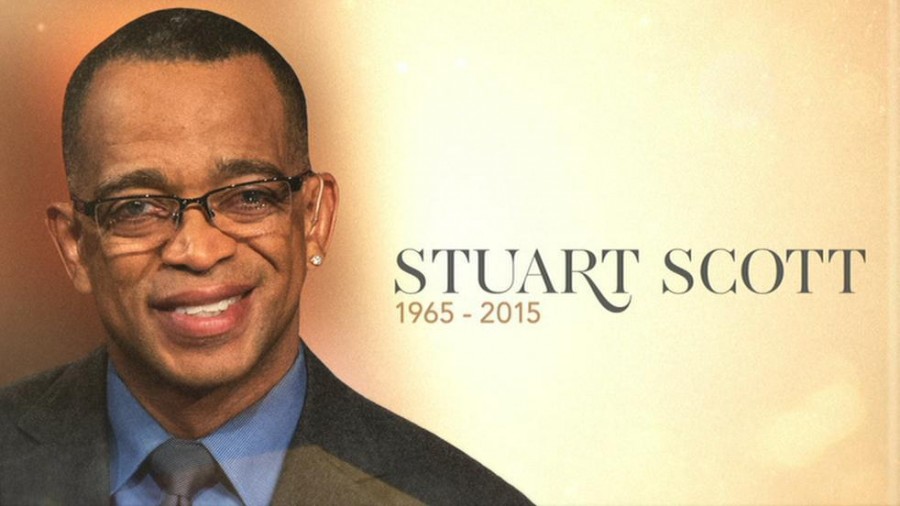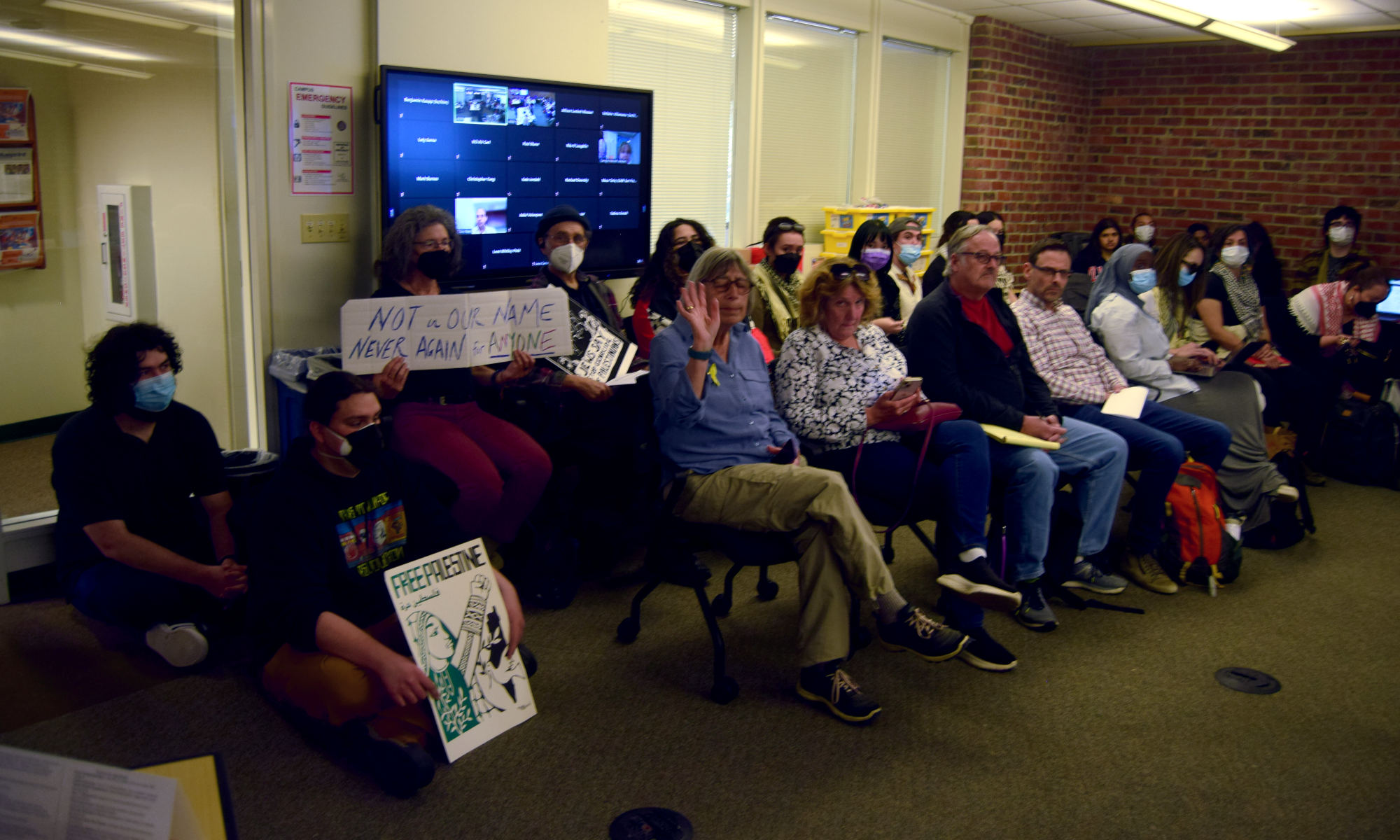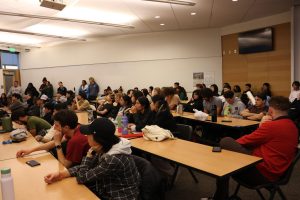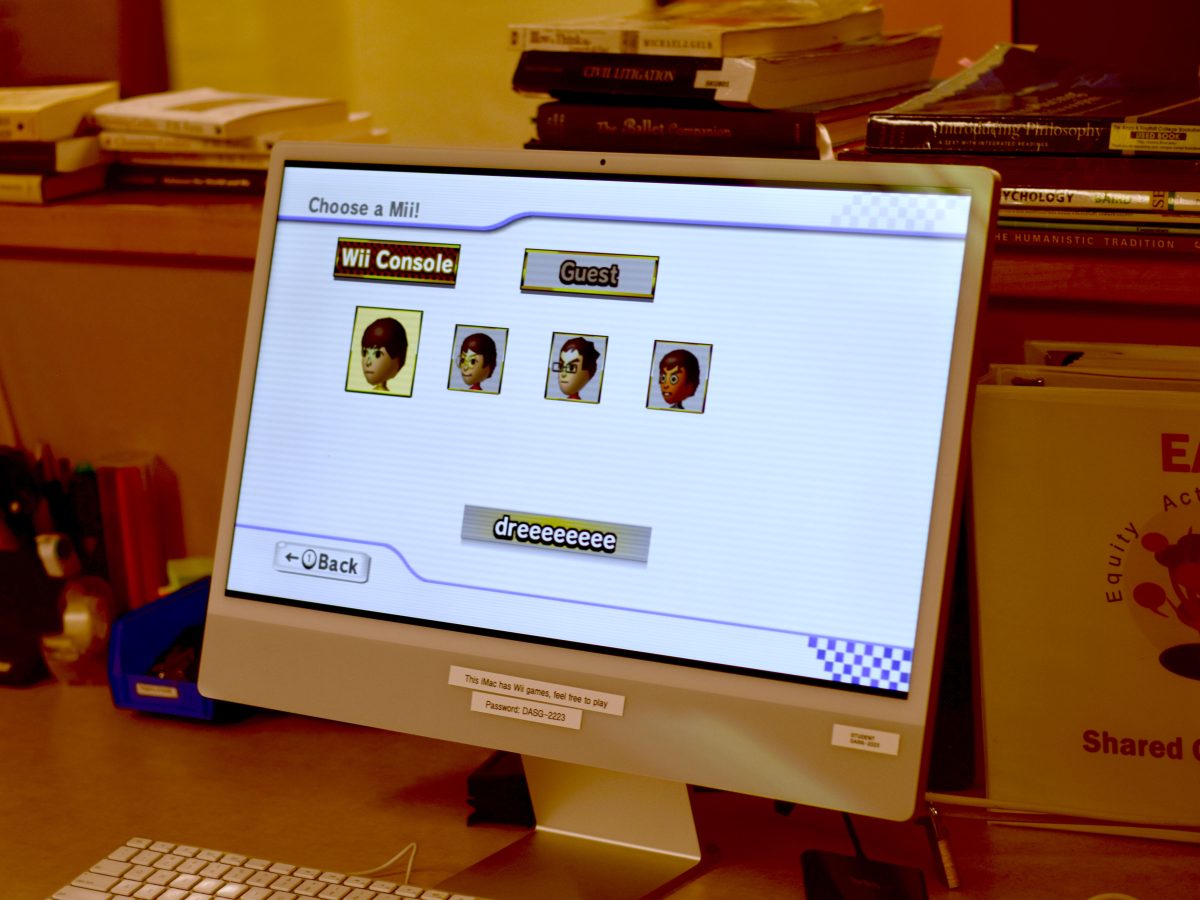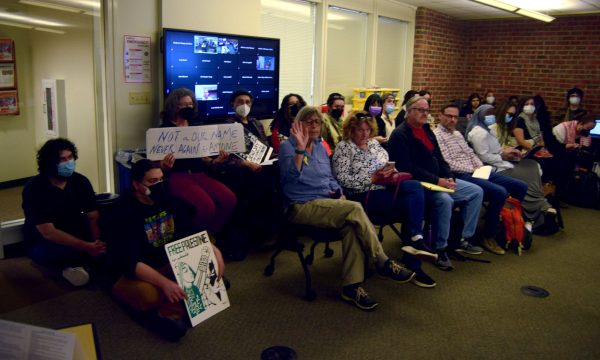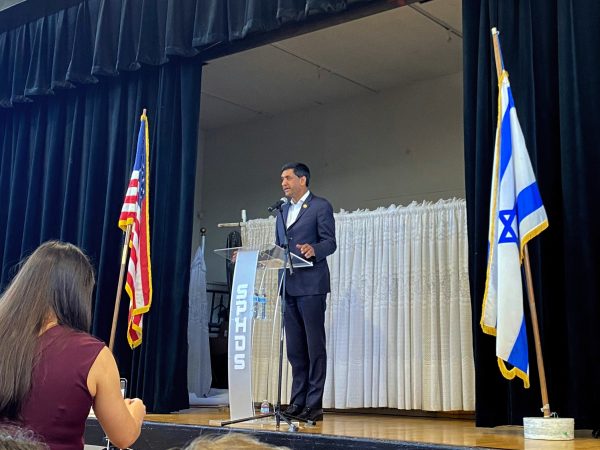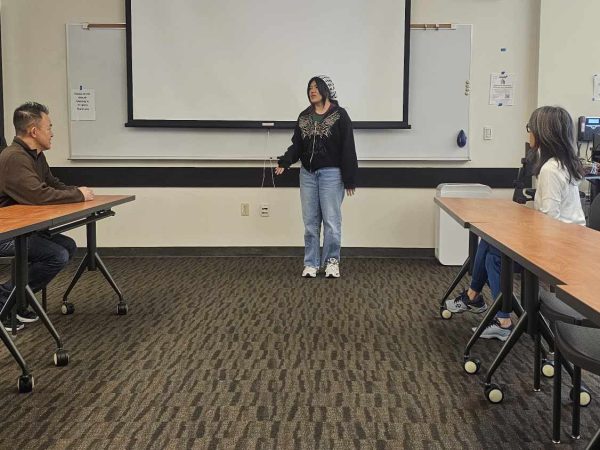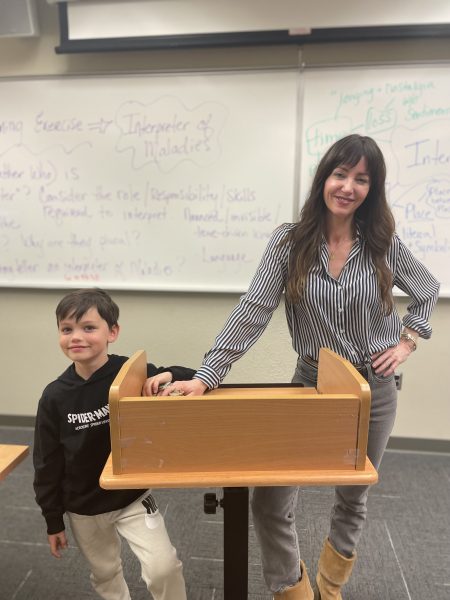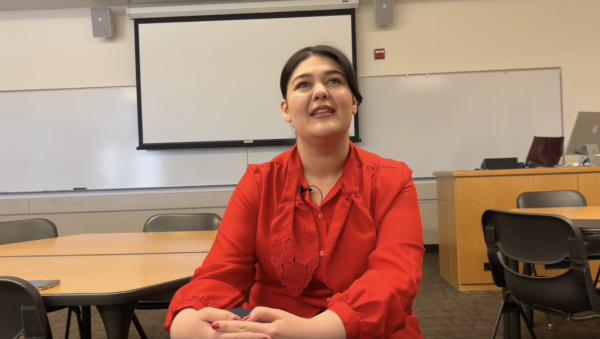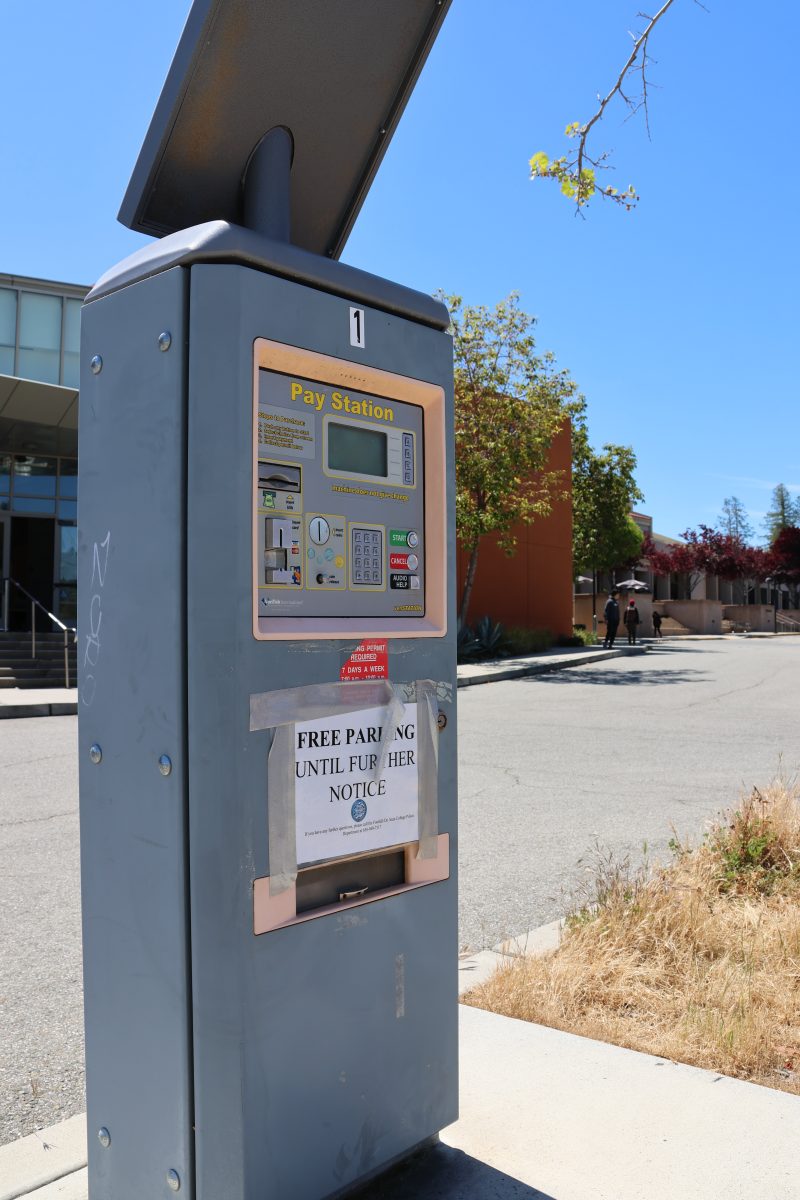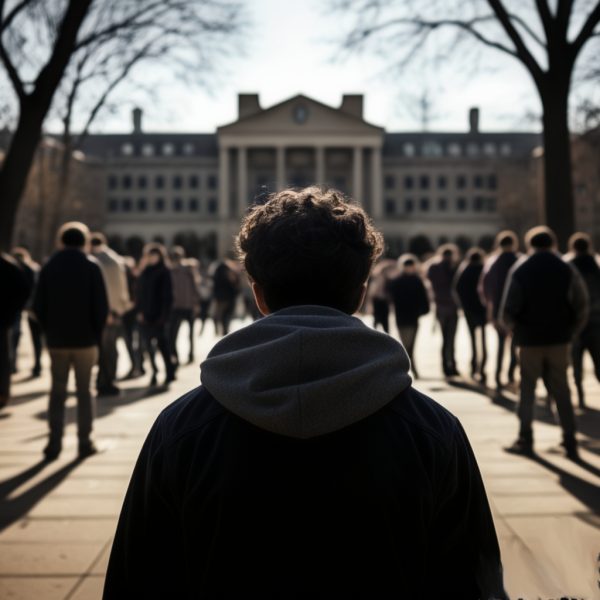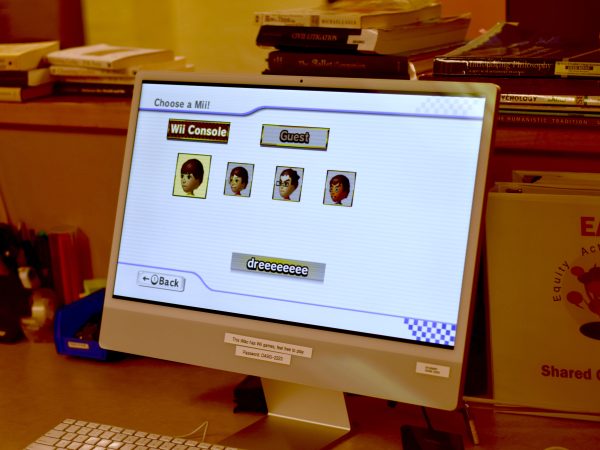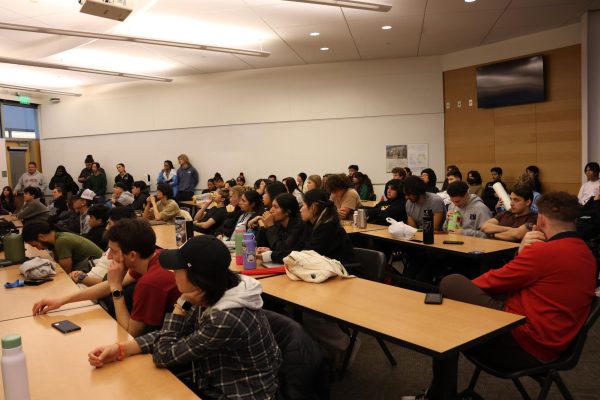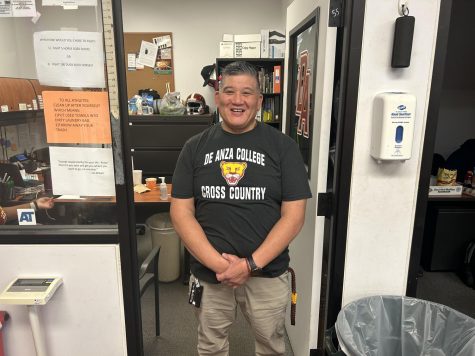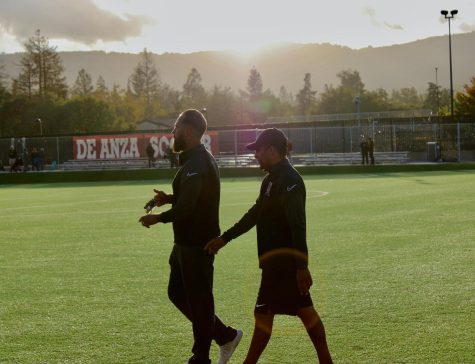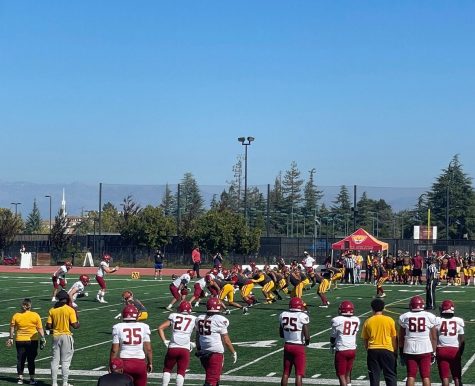“Cooler Than the Other Side of the Pillow”
Stuart Scott: A Personal Reflection
January 23, 2015
Stuart Scott changed the way many people viewed sports, making it fun to stay up late just to watch ESPN. His legacy inspired me to become a journalist and to one day touch many lives by creating my
own legacy.
For the past 20 years, Stuart Scott has entertained every one of us late at night on ESPN’s “SportsCenter.” After an
on-going struggle with cancer, Scott lost his battle at the age of 49 on Jan. 4.
Scott, the youngest of four, grew up in Winston-Salem, North Carolina. He attended the University of North Carolina at Chapel Hill, graduating with a bachelor’s in speech communication.
While working at WDE-TV in Florence, North Carolina, Scott’s infamous phrase “cooler than the other side of the pillow” blossomed.
Scott became one of the few African-American anchors who was not a former athlete to join ESPN’s “SportsCenter” crew.
He worked with ESPN2 as an anchor on “SportsNight” and was later to promoted to “SportsCenter” and “NBA on ESPN.”
Scott was a studio host for “NBA on ESPN” along with ABC and their NBA coverage which also included the NBA Finals, interviewing players such as Michael Jordan and Kobe Bryant in the process.
When “Monday Night Football” moved to ESPN, Scott hosted on-site live coverage as well as post-game coverage and “Monday Night Countdown.” He appeared on “NFL PrimeTime” during the 1997 season. Scott also covered the MLB Playoffs and NCAA Final Four and appeared in “ESPN the Magazine” many times with his “Holla” column.
He brought hip-hop culture to the table and blended it with sports in a way that no other sportscaster had done before, mixing modern pop culture of the 1990s and adding a twist to sports casting.
He appealed to the younger generation by using song phrases from artists such as Public Enemy and Wu-Tang Clan to emphasize the highlights of games.
Popularizing the phrase ‘Boo-Yow,” Scott created another language while on ESPN and that language is still alive and well today.
In 2007, instead of covering a game in Pittsburgh for Monday Night Football, Scott had unusual stomach pains and decided to see a doctor. He had his appendix removed and then found out that he had cancer.
When Scott was presented with the Jimmy V Award during the ESPYs, he said, “When you die, it does not mean that you lose to cancer. You beat cancer by how you live, why you live, and in the manner in which
you live.”
Scott lives in the hearts of many Americans and athletes across the nation. He will forever be remembered for his vibrant energy and how he changed sports news casting.



